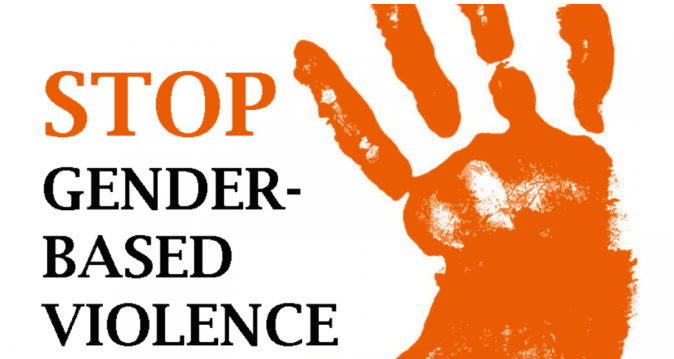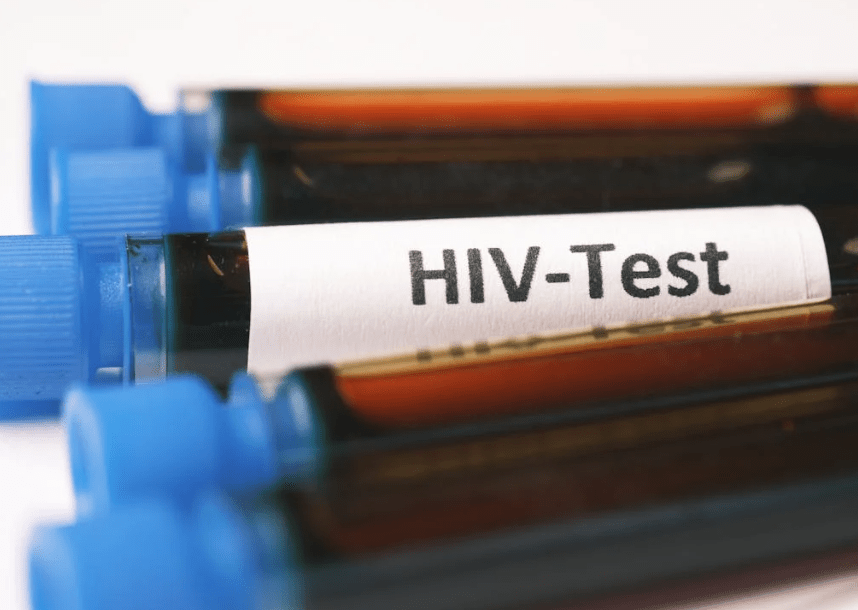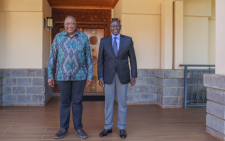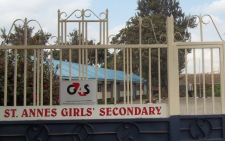Scholar: Poor access to free sanitary towels threatens girls education
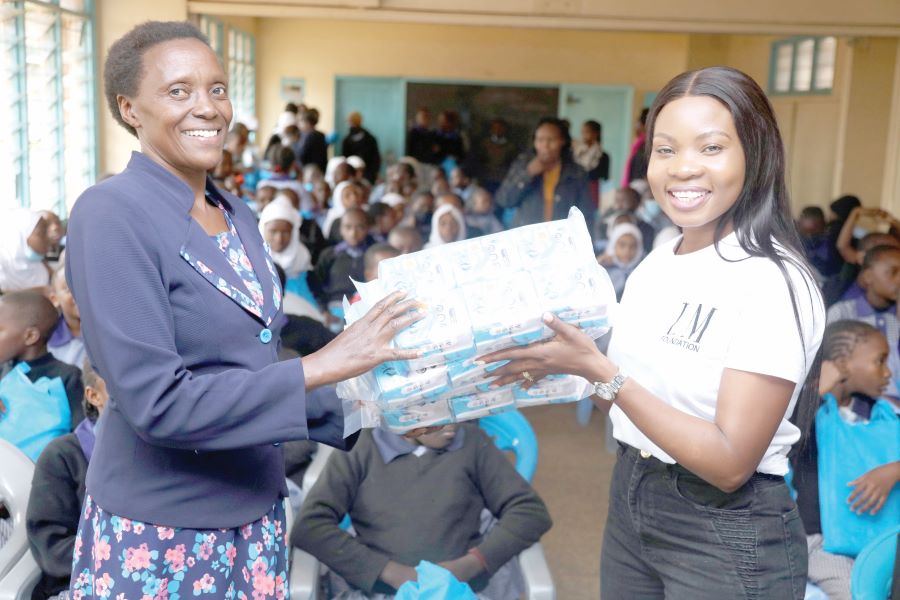
In 2011, the Sanitary Towels programme was first launched under the Ministry of Education, which has been procuring and distributing the pads to girls in public schools.
In this arrangement, girls from disadvantaged backgrounds in primary, secondary and special schools are provided with disposable sanitary towels to minimise absenteeism and reduce the risk of drop-outs.
According to the Presidential Working Party on Education Reforms (PWPER), concerns have been raised over irregular distribution of sanitary towels and their inadequacy.
In addition, the working group says the poor Water, Sanitation and Hygiene (WASH) conditions in many schools, especially the urban informal settlements and Arid and Semi Arid Lands (ASALs) were observed to contribute to challenges in managing used menstruation hygiene materials.
“Stakeholders pointed out the irregular distribution of sanitary towels and their inadequacy as a major challenge,” the report states.
According to the report, teachers are trained to offer the necessary psycho-social support to the girls.
“The initiative is reinforced by the Basic Education (Amendment) Act No. 17 of 2017, which commits the Government to “provide free, sufficient and quality sanitary towels to every girl child registered and enrolled in a public Basic Education institution who has reached puberty. Over time, development partners and private organisations have also complemented Government efforts,” PWPER report states.
Plan International Resilience and Humanitarian Advisor, Clement Chesire says the country has seen failed rain season starting from the short rains of 2020, which has negativity impacted a number of sectors, including food security, water, livestock and also education.
Chesire says emergencies disproportionately affect women and girls so in all Plan’s operation areas, they have seen increased malnutrition, drop outs of children from schools owing to poor food security outcomes at the household levels.
“In all our operation areas, we have had stories of girls dropping out of school because they cannot access sanitary towels owing to reduced income at household levels,” he regrets.
Negative coping mechanisms
He states that families normally prioritise food security — they’d rather purchase food to sanitary kits for girls.
This presents a huge risk, particularly on their menstrual hygiene and some girls get into negative coping mechanisms where they are lured by boda boda riders with little cash for pads.
“Some boda boda guys ask for sex in exchange for small amounts of money for the girls to buy sanitary kits. This presents other risks, such as sexually transmitted infections, unplanned teenage pregnancies,” he explains.
Despite the Government’s effort to distribute pads, he says they are still not sufficient.
“The reach is quite low. When it comes to sanitary kits it’s not just about pads. There are a number of other items used alongside pads that are critical, such as panties, soap, access to water, which help in defining holistic menstrual hygiene,” says Chesire.
He said the Government needs to avail sufficient funding, noting that the Ministry of Education should equally develop an infrastructure accountable for distribution of the sanitary kits across all regions in the country.
Minimum expenditure basket
According to him, it is important to have an infrastructure or system that is accountable and able to reach all pockets of the country and ensure delivery is timely and appropriate.
Currently, he said Plan International is responding to the food crisis in six counties and in all its intervention areas, they have been providing cash transfers to households ensuring they meet the minimum expenditure basket.
“In this, we ensure there is provision of food items, which includes sanitary kits. We are also doing distribution of sanitary towels and meals in schools as part of our protection work, working with a number of them in six counties and so far reaching over 56,000 children with school meals and over 14,600 with dignity kits. We are working in Kilifi, Kwale, Tharaka Nithi, Marsabit and Tana River counties and shortly moving to Turkana County,” he says.
Another initiative by LM Foundation, in collaboration with African Elite Group (AEG), donated 1,098 sanitary pads to 183 girls at Moi Avenue Primary in Nairobi, which will last them six months.
LM Foundation Founder and CEO of AEG, Lucia Musau says access to sanitary towels is still a critical challenge for many schools nationwide.
“Current statistics reveal a stark reality. A report by Procter and Gamble (P&G) indicates that 65 per cent of women and girls in Kenya cannot afford menstrual hygiene products. Additionally, 42 per cent of schoolgirls use unsuitable alternatives, such as rags, blankets, mattress pieces, tissue paper, and cotton wool, which poses significant risks to their health and hygiene.
“This dire situation served as a push for our menstrual health programme, driven by our commitment to support girls’ education and safeguard their dignity,” she said.
Also, under this initiative, 5,031 packs of sanitary pads have been distributed to 655 girls in primary and secondary schools in Kilifi and Trans Nzoia counties.
With the Moi Avenue Primary School initiative, the total number of pads distributed has now reached 6,129 packs benefitting 838 girls, with the initiative seeking to extend to Makueni, where an additional 755 teenage girls will receive sanitary products.
So far, Education Cabinet Secretary Ezekiel Machogu says the Ministry has received a total of Sh1.5 billion for the programme since Financial Year 2019/2020.
In 2019/20, Sh375 million was allocated, another Sh470 million was given in 2020/21 while Sh270.4 million and Sh470 million was allocated in Financial Years 2021/22 and 2022/23 respectively.
“In the Financial Years 2017/18 and 2018/19, the Ministry of Education did not receive any money towards provision of sanitary pads to school girls. The Ministry of Education was domiciled in the Ministry of Public Service, Gender and Youth at that time,” Machogu told Parliament recently.
Based on enrollment of girls
He explained that sanitary towels are distributed to girls at puberty stage in all public primary schools across the country.
“The towels are distributed based on the enrollment of girls in Grades Sux,Seven and Eight in each school as provided by the County Directors of Education in all the 47 counties. After the procuring is done, sanitary towels are distributed between the months of February and March every year, with nine packets provided each of the nine learning months,” Machogu explained.
This financial year, the Government said school girls will be supported through provision of sanitary towels at a cost of Sh940 million.
This comes against the backdrop of complaints over the flow of sanitary towels, with Woman Representatives recently saying they should be allowed to distribute to schools.
They recently raised concern that the current mode of distribution of the towels is not effective and in some instances, does not reach all girls in schools.
They said that since 2020 when Covid-19 pandemic was detected in the country, distribution of the towels has gone down, adding that most girls have not been benefiting and end up missing classes.
“The distribution of sanitary towels has gone from bad to worse. Our request is to allow the office of Woman Representatives to distribute these towels so that our young girls can be reached,” the Woman Reps said.
They said they get so many calls from schools on this subject, which points to so many vulnerable girls in public schools and their plight need to be addressed.
Molo Member of Parliament Kuria Kimani has also previously regretted that the issue of provision of sanitary towels comes up every year in parliament. “Why do we have to debate this every year? Why can’t we have a comprehensive way of ensuring that our girls have sanitary towels in their schools?” he posed.
“The girls go through this without menstrual education and sometimes have to use unhygienic things and we still have to debate this every year? Let us have a comprehensive plan to ensure that every girl in the country when they attain the age of puberty they are supplied with sanitary towels… why do they have to keep begging?” he added in conclusion.









